Russia urges end to 'illusion' of IAEA’s anti-Iran resolution
The Russian ambassador to international organizations in Vienna has called for an end to an "illusion" of adopting a resolution at the Board of Governors of the International Atomic Energy Agency (IAEA) against Iran, saying Moscow would vote against it.
“There should be no illusion. If a draft resolution on #Iran is tabled in the #IAEA Board of Governors Russia will vote against,” Mikhail Ulyanov said in a tweet on Friday.
There should be no illusion. If a draft resolution on #Iran is tabled in the #IAEA Board of Governors Russia will vote against. As I tweeted yesterday there is no need for a resolution which would be not only senseless but extremely detrimental. Let’s better count on diplomacy. https://t.co/XaSzqI9HgC
— Mikhail Ulyanov (@Amb_Ulyanov) September 10, 2021
He pointed to his tweet on Thursday and reiterated that there is no need to adopt a resolution against Tehran because it “would be not only senseless but extremely detrimental.”
The top Russian negotiator proposed diplomacy as the better road to take.
In his Thursday tweet, Ulyanov explained on the latest tensions between Iran and the IAEA and said the IAEA Board of Governors must call on both sides to overcome their problems.
“I believe the Governors at the session of the Board can and should call upon #Iran and the #IAEA Secretariat to overcome the current problems and to maintain traditional businesslike cooperation,” he tweeted.
In a phone call initiated by European Council President Charles Michel on Wednesday, Iranian President Ebrahim Raeisi warned the United Nations nuclear watchdog against the consequences of its “unconstructive” attitude towards Iran.
“Instances of Iran’s serious cooperation with the agency serve as shining examples of its will to observe transparency in its nuclear activities,” the president said.
“[However,] the agency’s unconstructive attitude will be disruptive of the negotiation course,” he said, adding, “Naturally, it defies logic to expect Iran to offer a constructive reaction to such attitude.”
Iran’s Ambassador to international organizations in Vienna Kazem Gharibabadi also on Thursday warned the IAEA about taking any counterproductive measure against Iran during the forthcoming meeting of its Board of Governors, saying that such a measure would “disrupt” future talks on the revival of Iran’s nuclear deal with world powers.
The IAEA’s chief, Rafael Grossi, recently claimed in a report that Iran is blocking access to some of its nuclear sites and continues to boost its stocks of uranium enriched above the percentage allowed in the 2015 nuclear deal, officially known as the Joint Comprehensive Plan of Action (JCPOA).
Back in February, Iran and the IAEA reached a technical understanding under which Tehran agreed to exercise more patience over the promised removal of the United States’ sanctions by keeping the recordings from its nuclear sites for three months to see if world powers could convince the US to remove its illegal sanctions.
Iran then decided to stop its voluntary implementation of the Additional Protocol that allowed the IAEA to carry out short-notice inspections in Iran, denying IAEA inspectors access to the country’s nuclear facilities beyond the Safeguards Agreement.
The decision was made in accordance with a December 2020 law passed by the Iranian parliament – dubbed the Strategic Action Plan to Counter Sanctions – that prompted the Iranian administration to restrict the IAEA’s inspections and accelerate the development of the country’s nuclear program beyond the limits set by the JCPOA.
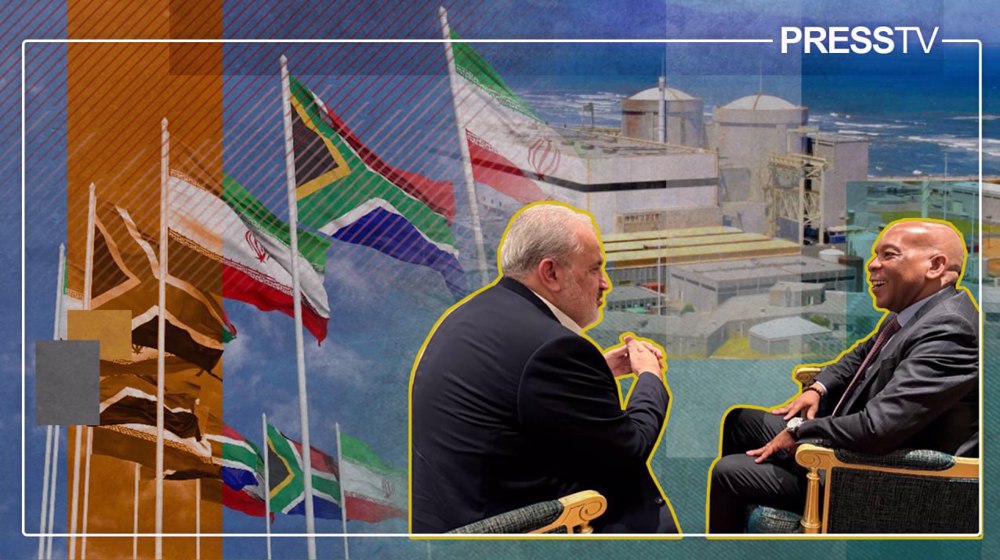
Explainer: How can Iran help South Africa advance its civilian nuclear program?
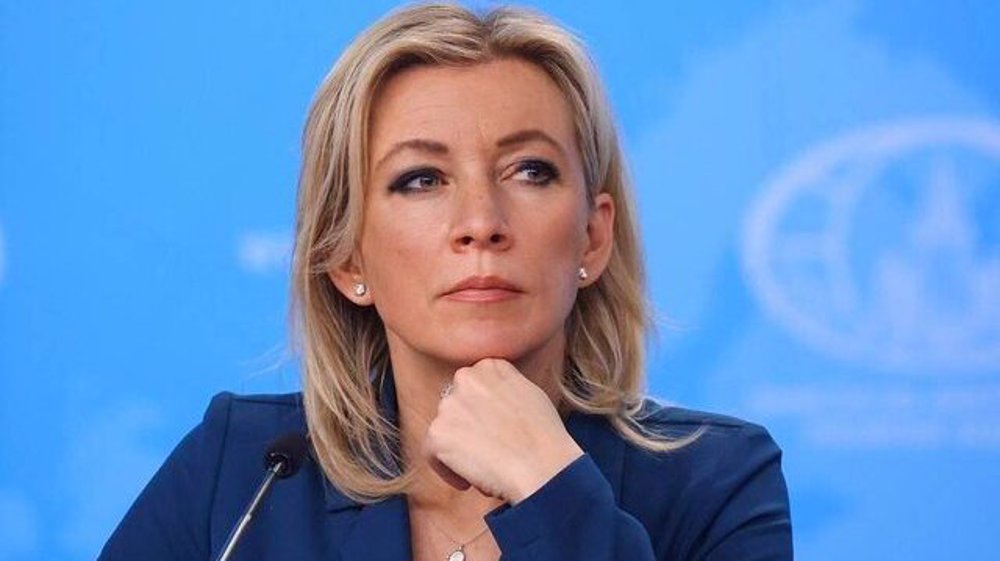
Russia: Unilateral US sanctions against Iran illegitimate, illegal
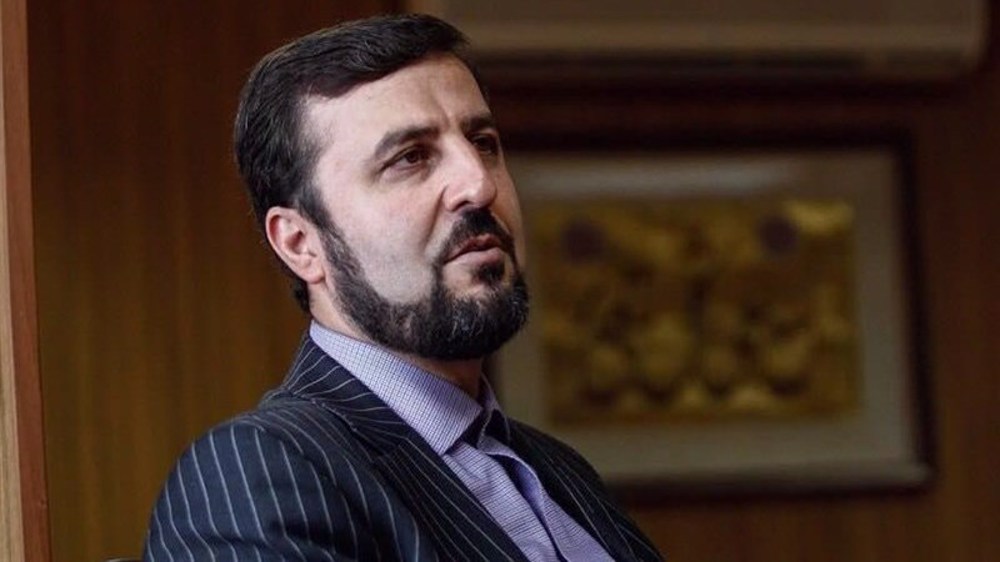
Senior official: Iran likely to hold meeting with European troika
Lebanese govt. must show it can expel Israeli occupiers: Lawmaker
VIDEO | Uncertainty over Gaza ceasefire
VIDEO | Gaza’s Ramadan: Tradition endures amid devastation
VIDEO | Trump-Zelensky ‘shouting match’ shows how US props up and discards ‘allies’
VIDEO | Global conference in Sana’a rejects Gaza displacement
Iran approves 500 MW of new solar power plants
UN relief chief says Israel’s decision to halt Gaza aid ‘alarming’
Israeli ministers urge Netanyahu to 'open gates of hell' on Gaza


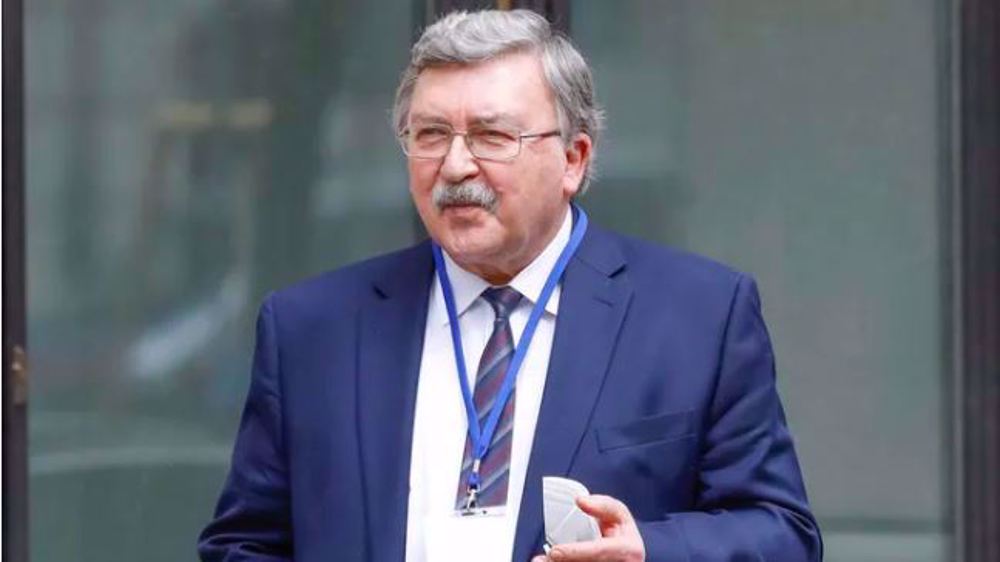
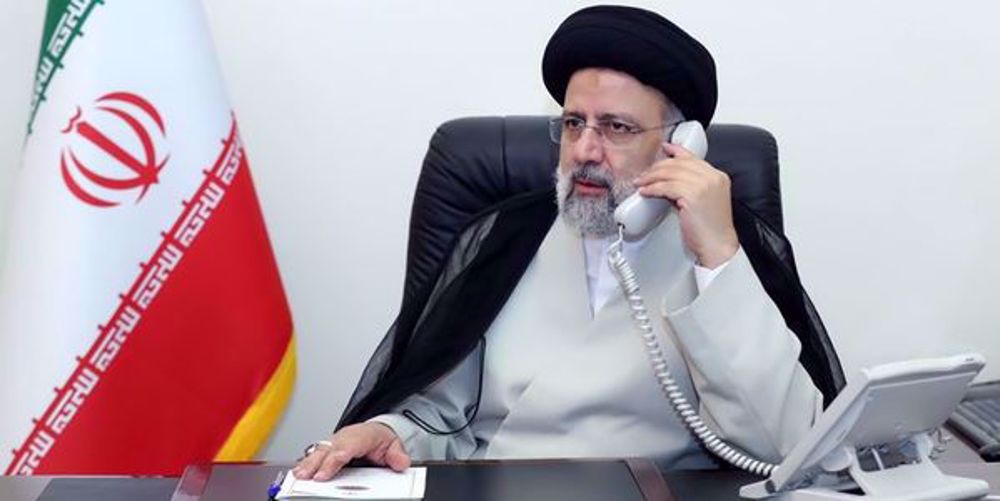
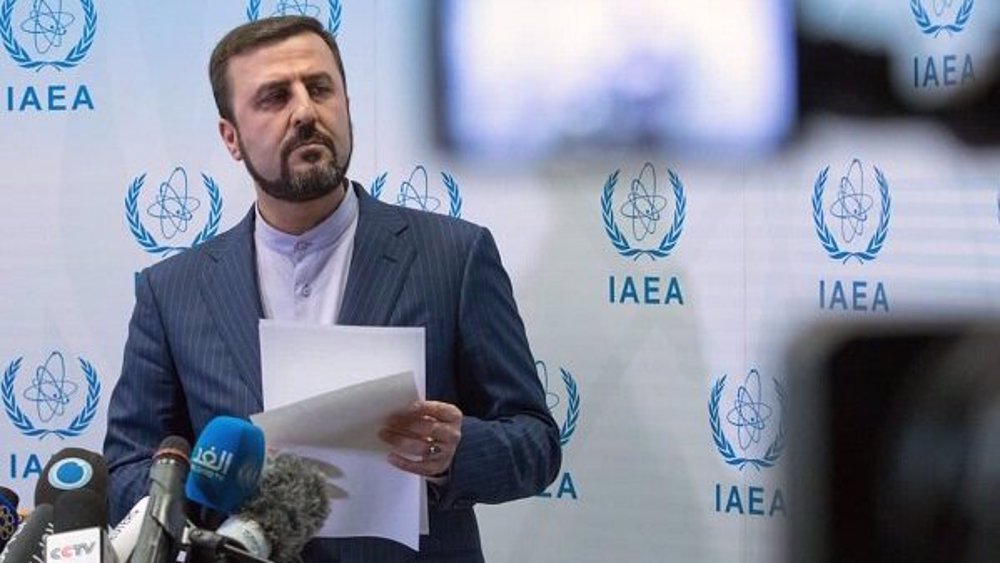




 This makes it easy to access the Press TV website
This makes it easy to access the Press TV website